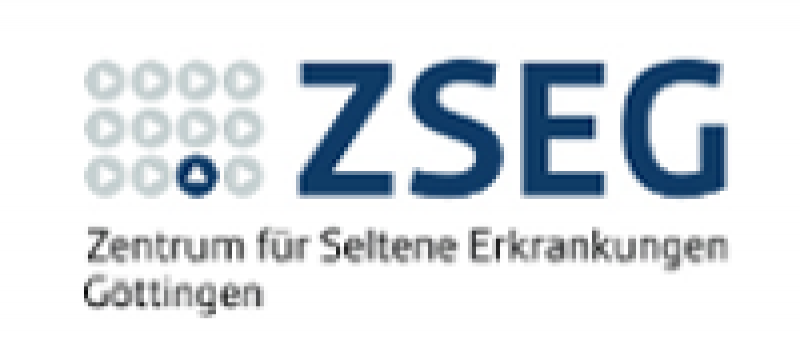Rare Diseases
A disease is considered to be “rare“ when it affects no more than one in 2,000 people. This means that about 8,000 diseases are rare. Although a specific rare disease may only affect a handful of people worldwide, the picture changes if one looks at all rare diseases as a whole: An estimated four million people live with a rare disease in Germany alone.
Rare diseases are not always, but very often inherited or congenital conditions. Nevertheless, it often takes many years until a child with a rare disease receives a diagnosis. But a correct diagnosis is essential for deciding on potential therapeutic options and appropriate management strategies.
European Reference Network ERN ITHACA
We have been member in the European Reference Network ERN ITHACA since 2022. This ERN provides an infrastructure for highly specialized, multidisciplinary healthcare for patients with rare malformation syndromes and rare intellectual disability and other neurodevelopmental disorders across Europe. ERN ITHACA builds on dedicated communication pathways, regular exchange between its experts coming from many different countries and centers, joint development of management guidelines for specific disorders and support of research to increase our understanding of the natural history and molecular causes of specific diseases.
Center for Rare Diseases Göttingen (ZSEG)
The Center for Rare Diseases Göttingen (ZSEG) follows an integrated approach that unites research, diagnostics and treatment relating to specific disorders or groups of disorders from various disciplines across the UMG. Bernd Wollnik is a member of the ZSEG Management Board.
Our Institute is an active partner in a number of specific centers within ZSEG. In the following centers, we are taking a leading part in the organization and act as speakers:
- Center for Undiagnosed Congenital Syndromes and Clinical Genome Medicine
- Center for Rare Skeletal Disorders
- Center for Progeroid Syndromes
In these centers, we work closely together with the Children’s Hospital and other Departments of the University Medical Center Göttingen and offer specific clinics where patients and their families have access to clinical and molecular diagnostics, genetic counselling and treatment provided by experts from different fields.
In addition, on a national level, we are actively involved in consultations within the German Reference Network ITHACA.
The disorders covered by the above centers, clinics and networks are key research areas at our Institute. We use the insights that we gain from our intensive research activities to directly inform clinical practice, thus ensuring that our patients receive state-of-the-art care.



